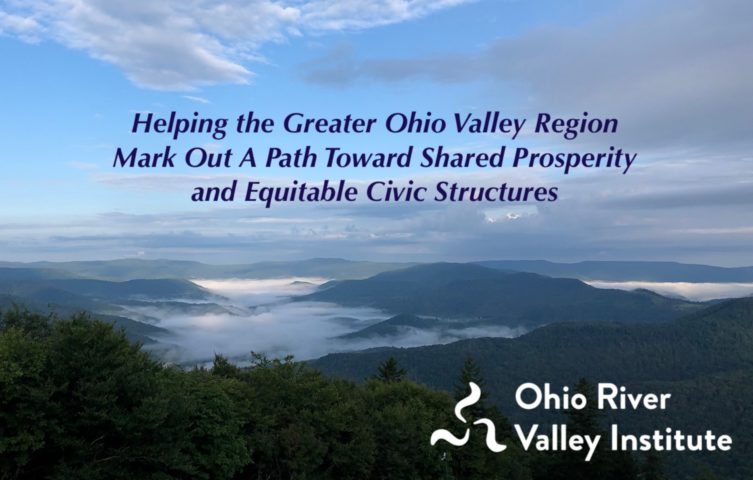ORVI Research Spotlight
Lies, Damned Lies, and Economic Impact Studies: why the economic impacts of an Appalachian petrochemical buildout won’t meet expectations.
The region’s policy makers should always keep in mind that, when economic studies say that a given number of jobs will be “supported” or “created”, those figures express a gross benefit, but not the net benefit, which would have to take into account the costs – something that the American Chemistry Council Appalachian petrochemical study and, before it, the American Petroleum Institute shale gas economic impact study, failed to do.
Pennsylvania’s Fight Over Election Drop Boxes: drop boxes could be a lifeline for voters this year, but that lifeline could also be yanked away.
Pennsylvania is a high-stakes case study demonstrating the vital link between mail service and the right to vote. This year in Pennsylvania and states across the US, drop boxes become more critical than ever in assuring every voter can have their voice heard.
The Macroproblem of Microplastics: consumer demand for plastic goods fuels nurdle pollution in the world’s oceans.
In a world demanding more and more plastic, preventing nurdle pollution is not easy. In the United States, one logical step would be to enforce laws already on the books, like the Clean Water Act, which requires companies to obtain permission from regulators before they discharge pollutants into bodies of water. By defining nurdles as a pollutant, as California did in 2008, states could regulate and, in theory, prevent nurdle pollution at manufacturing sites. But in an interconnected world of plastics manufacturing and shipping, the most effective solutions to plastic pollution may be simple: to use less.
|
